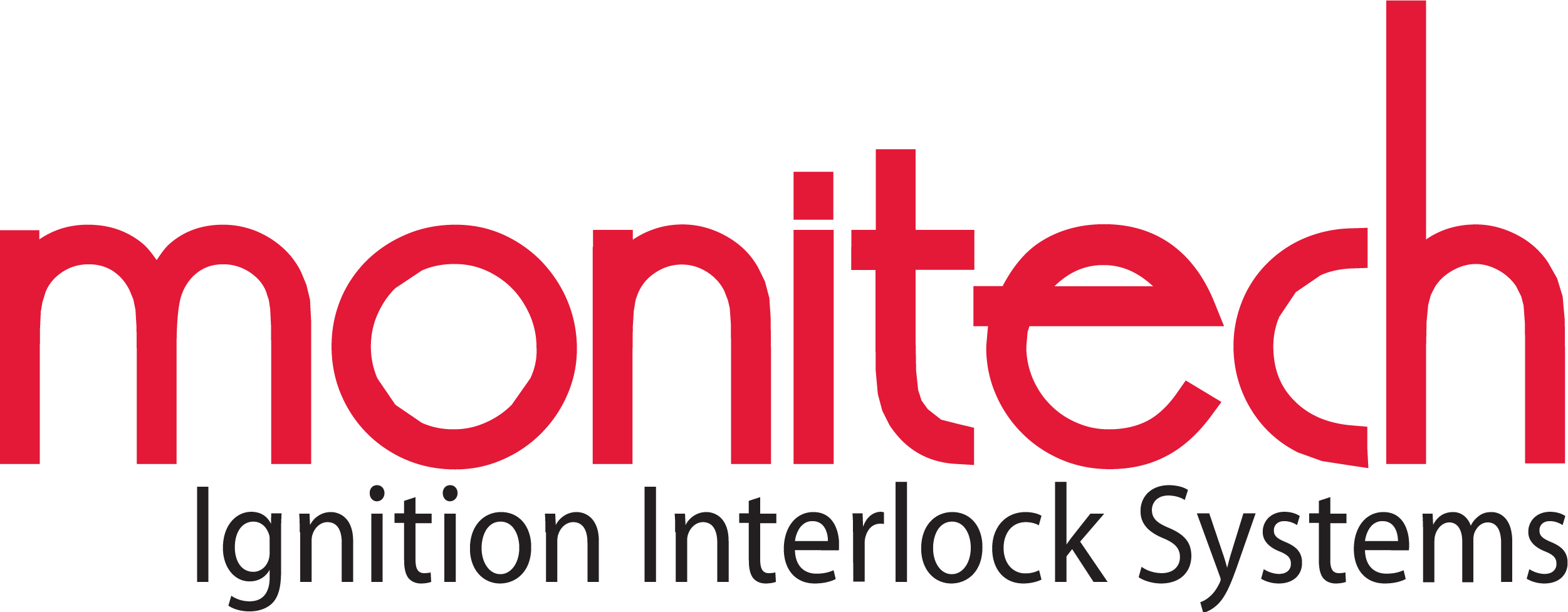Being held up at a sobriety checkpoint is never fun. Moreover, many people have concerns about them, and this has led to legal battles, and even a Supreme Court case. And while the controversies won’t be settled anytime soon, you should have the facts in case you are stopped at a North Carolina DWI checkpoint.
DWI Checkpoints are Legal
Currently 39 states allow DWI checkpoints, which enable the police to stop cars at random and try to determine if the driver is impaired. North Carolina is one of those states.
However, just because checkpoints are legal does not mean that the police can stop whomever they wish. In order to make checkpoints constitutional under the Fourth Amendment, the checkpoints must follow prescribed rules and pass certain tests:
- The check must be random. Once it is set up, a checkpoint must check all cars, or cars must be chosen on a random basis – say, every tenth car.
- There must be a specific purpose. Police can’t check for general crimes. They need to be looking for impaired drivers or other specific offenses.
- The checkpoint must be announced. Some states require that police publish in advance the location of the checkpoint. In North Carolina all that’s required is that the checkpoint has visible flashing blue lights.
- Avoiding the checkpoint. Some states require that drivers have a means to avoid the checkpoint if they wish. Not so in North Carolina, where the police can stop a vehicle that has turned around to avoid the checkpoint, in order to ask why.
- Other violations. Different states have different rules about just what violations an officer can look for. Some states confine the allowable violations to what can be observed – impairment, broken headlights, and the like. North Carolina includes unobservable violations such as driving on suspended licenses. However, the officers may not look for evidence of non-motor vehicle related crimes.
Balance is the key
Clearly, sobriety checkpoints can be an inconvenience. But these traffic stops do help the police arrest many drunk drivers, and thus increase road safety. So the police and courts are tasked with striking a balance between the public interest and the individual’s privacy. That’s a battle that’s taking place on many fronts. On North Carolina’s roads, the Supreme Court has ruled that drunk driving is simply too dangerous, and that a short wait at a sobriety checkpoint and a few questions from a police officer is a small price to pay for the added protection that these checkpoints afford to all citizens of the state. To find out how you can best navigate a North Carolina checkpoint, go here.
If you have been convicted of a DUI in North Carolina consider getting an ignition interlock device installed to get your driving privileges reinstated as soon as possible.
